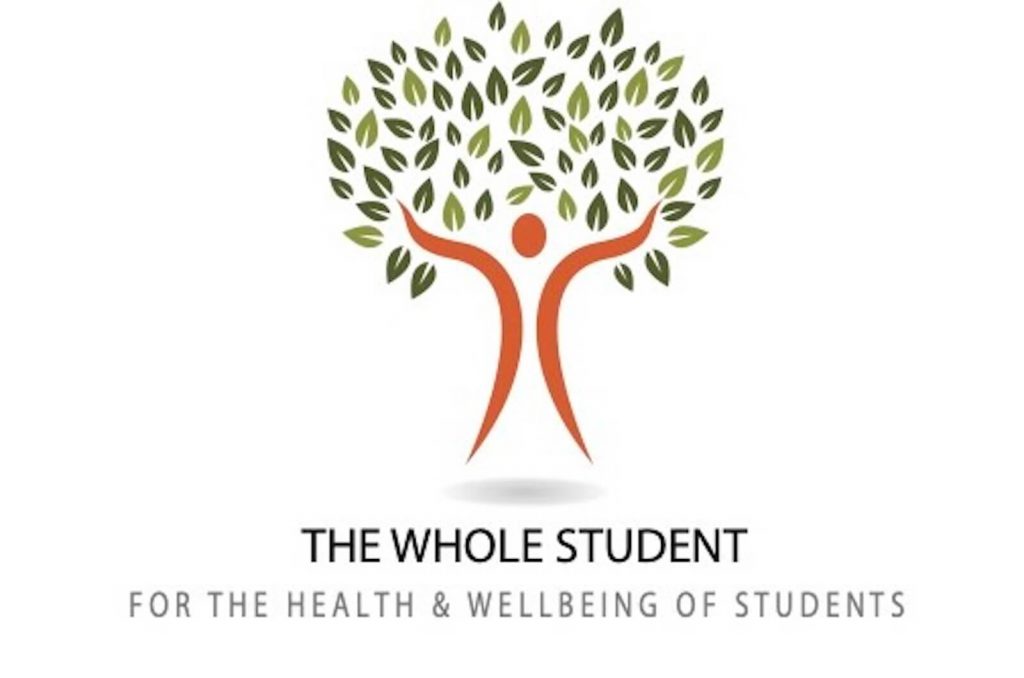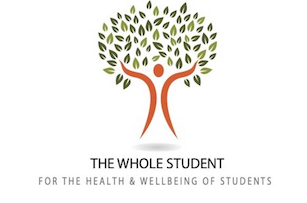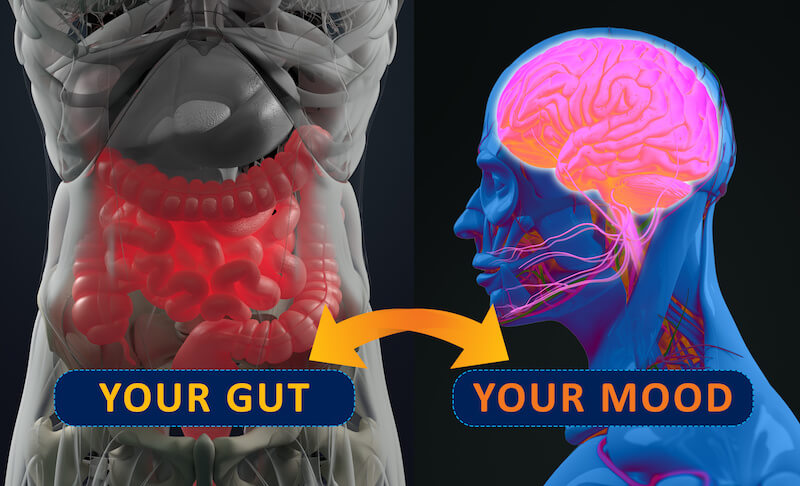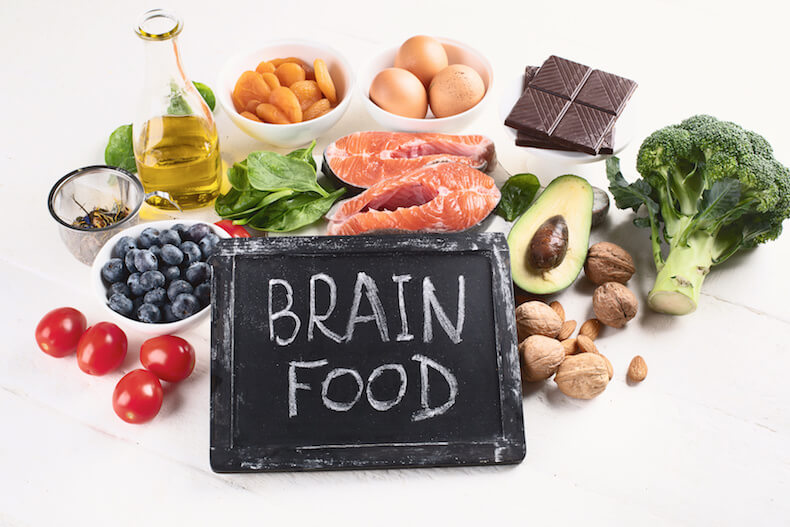I am pleased to introduce ‘The Whole Student Programme’ ©. This is a health programme I have developed to provide holistic health and wellbeing support to students aged 12-19 to help them prosper in health, life and in their learning.
We integrate an in-depth holistic healthcare approach, scientific assessment and screening, with wise counsel, coaching and pragmatic interventions.
The programme is led by Founder, Charlotte Fraser BA Hons, Dip. NNP, Dip. AIT, an award-winning nutritionist and holistic health practitioner. Charlotte also works in close partnership, with Sarah Morris and Carmen Beyxer at Emerge Be Who You Are. Nutritionist Virginia Hills DipION, mBANT, CNHC is also on the team.
Sarah and Carmen are qualified NLP Master Practitioners, Hypnotherapists, and Life & Resilience Coaches. Sarah and Carmen can further support students in making any sustainable lifestyle changes, to improve their wellbeing, and to facilitate and build personal development, growth and resilience.

In devising this programme, we consulted many parents, teachers, schools and health professionals. It is the culmination of many years working in nutrition, holistic health and teaching, also our own experience as parents. The Whole Student Programme © aims to join the dots and to fill a big gap… a genuine need. Yes, there’s been lots of talk about ‘Holistic Education’ and the need for a ‘Whole Child’ curriculum. However, has there been a service available to students, parents and teachers that offers a truly holistic approach to the health and wellbeing of students?
The Whole Student Programme © works with individual students, parents, schools, SENCOs, and other educational experts to improve the health and wellbeing of the student both in and outside the classroom. With so many health problems often taking root in adolescence, the programme also has a strong emphasis on health prevention.

We are proud to also be working in collaboration with Think Healthy Me, an organisation committed to delivering personalised, high quality, sustainable health and well-being benefits for everyone.

What inspired The Whole Student Programme ©?
There has been an increase in emotional and mental health issues in teenagers in recent years. While Covid-19 has been a catalyst, anxiety and depression were on the rise even before the pandemic. And while there’s been a growing tendency to label, diagnose and over medicalise children, we now see teenagers increasingly self-diagnosing and identifying within mental and emotional health groups.
50% of all mental health problems start at the age of 15.
Source: The Children’s Society
According to The Children’s Society, in the past three years, the likelihood of young people having a mental health problem increased by 50% . Now, five children in a classroom of 30 are likely to have a mental health problem. 75% of young people with mental health problems aren’t getting the help they need. 34% of those who do get referred into NHS services aren’t accepted into treatment. More than two thirds of young people would rather access emotional and mental health support without going through their GP.
Where should parents look for help for their children in this situation? What if your student is suffering from anxiety in school? Or what if your child thinks that they have ADHD like their school mate? All too often, the SENCO is working with a four-month backlog on two days a week. A GP referral can take months. Where do you go for support or for that initial assessment? Or, perhaps you have seen a consultant already and they want to prescribe medication. Is medication your only option, or is there a more natural treatment path?
This is where The Whole Student Programme © comes in.
For more information, visit: The Whole Student Programme’ ©.






